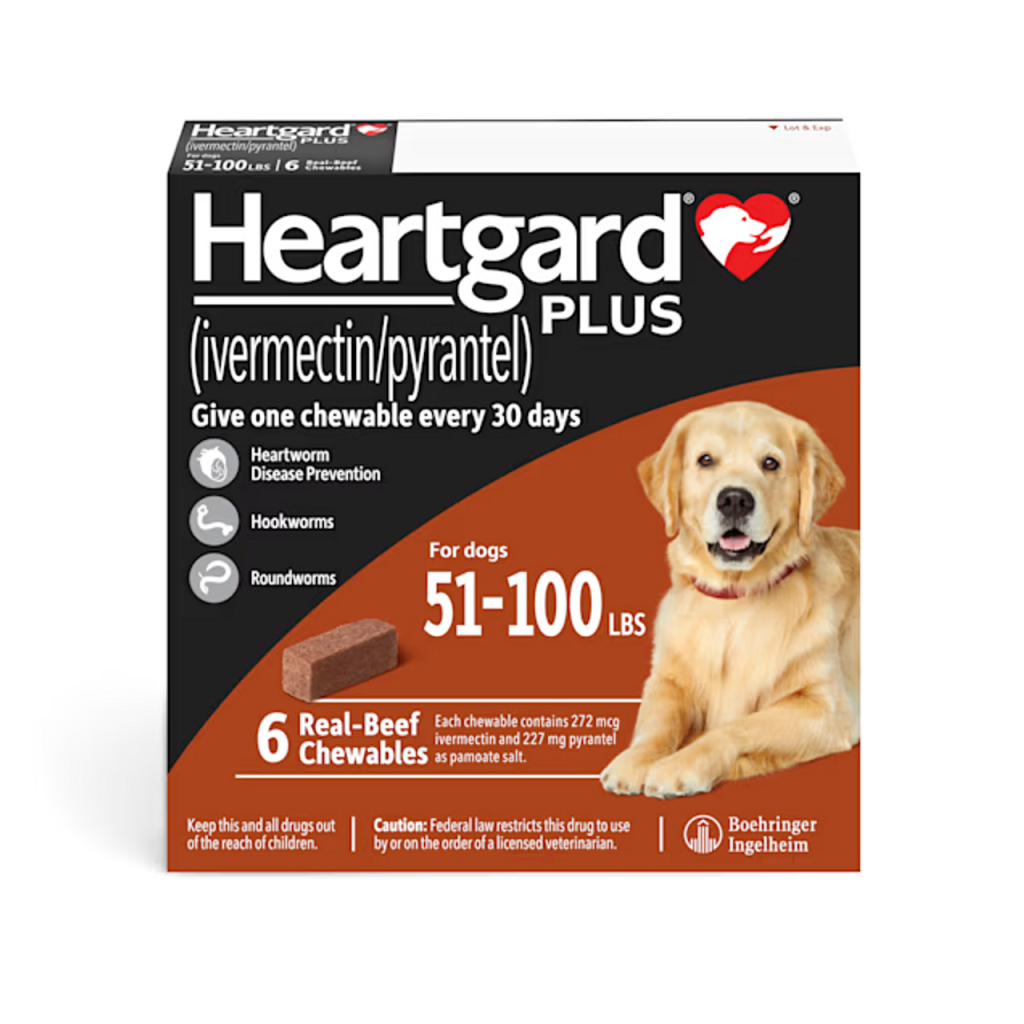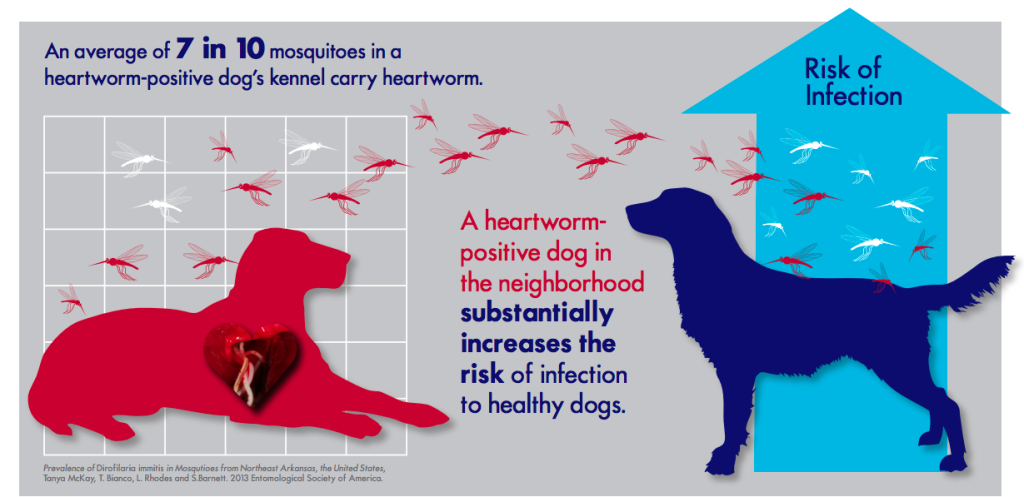Yes, most dogs need heartworm medicine every month to ensure they’re protected from heartworm larvae that mosquitoes may transmit. Skipping even a single month can leave your dog vulnerable, as the medication works retroactively to kill larvae acquired in the past 30 days.
Understanding Heartworm in Dogs

Heartworm in dogs, caused by the parasite Dirofilaria immitis, is a serious condition that develops when infected mosquitoes bite a dog and transmit larvae. These larvae mature and settle in the heart, lungs, and blood vessels—causing damage that can eventually be fatal.
- Heartworm is spread exclusively by mosquito bites
- It is a slow-developing internal parasite
- Early symptoms are invisible, which is why prevention is crucial
Many dog owners mistakenly think heartworm is rare or seasonal. In truth, heartworm is present year-round in many regions, especially in warmer or humid climates.
How Heartworm Preventatives Work

Heartworm medications don’t eliminate adult worms. They only target immature larvae (microfilariae) in the early stages.
- Preventatives work retroactively, killing larvae acquired in the past 30 days
- This is why they must be administered monthly without interruption
- If you delay, older larvae may develop into adult worms—which the medicine cannot kill
Common monthly preventatives include:
- Heartgard Plus
- Simparica Trio
- Trifexis
- Interceptor Plus
These medications often combine heartworm, flea, and tick prevention into a single chew or pill, making them convenient for dog owners.
Why Monthly Heartworm Medicine Is Often Recommended

Veterinarians recommend monthly heartworm medicine because:
- Most preventatives are only effective for 30 days
- Skipping a dose reopens the risk window
- Mosquito exposure isn’t seasonal everywhere
Even a short lapse in coverage could give the larvae enough time to mature. Following a consistent, monthly schedule is the best way to safeguard your dog’s health.
Veterinary and FDA guidelines recommend year-round protection, especially in areas with high mosquito activity. It’s about staying ahead, not playing catch-up.
Can You Skip a Month of Heartworm Prevention?

Missing a dose is one of the most common concerns for pet owners. But even one missed month can significantly increase the chance of infection.
Here’s what happens if you skip a dose:
- Larvae from the previous 30 days continue to mature
- If you wait too long, the medication becomes ineffective on those larvae
- Your dog may become infected without you knowing for months
If you’ve skipped a dose:
- Contact your vet immediately
- Resume dosing as soon as possible
- Ask if a heartworm test is needed
Remember, dogs can appear healthy even if heartworms are silently developing in their system.
Does Every Dog Need Monthly Heartworm Medicine?

There’s a common myth: “My dog lives indoors, so they’re safe.”
Not true.
- Indoor dogs can still be bitten by mosquitoes that sneak inside
- Puppies and older dogs are equally at risk
- Immunocompromised dogs are especially vulnerable
All dogs, regardless of breed, age, or lifestyle, benefit from consistent monthly protection. It’s not about exposure—it’s about prevention.
Does Climate or Region Affect Heartworm Risk?

Yes—but not in the way most people think.
- In tropical or humid regions like Florida, Texas, or the Philippines, mosquitoes thrive year-round
- In temperate climates, mosquito activity may slow in winter—but doesn’t disappear entirely
- Climate change has expanded the range and duration of mosquito seasons
Skipping heartworm meds in winter? That’s risky. The larvae could still infect your dog during a “warm spell” in late autumn or early spring.
It’s safer (and simpler) to follow a year-round schedule, regardless of climate.
Natural Alternatives vs Prescription Medications

Some owners explore natural or holistic alternatives, such as:
- Garlic
- Apple cider vinegar
- Herbal remedies
But these methods are not backed by veterinary science and cannot kill heartworm larvae. At best, they may slightly deter mosquitoes—but that’s not enough.
Risks of relying solely on natural remedies:
- No guarantee of effectiveness
- Could give a false sense of security
- Leaves dogs exposed to life-threatening parasites
Always consult with your vet before trying any alternative approaches. Careers Collectiv encourages understanding both sides—but data strongly supports prescription monthly medications as the gold standard.
Best Monthly Heartworm Medications for Dogs

Choosing the right product depends on your dog’s:
- Size and weight
- Sensitivity to ingredients
- Exposure to other parasites (like ticks or fleas)
Consult your vet to find the best monthly heartworm medication tailored to your pet.
Frequently Asked Questions About Heartworm Medication
Can I give heartworm medicine early or late?
- Early by a few days: Usually fine
- Late by a few weeks: Risk increases — contact your vet
Can I stop heartworm meds in winter?
- Not recommended
- Mosquitoes may still be active in your area
Do small dogs need the same dose as big dogs?
- No — always dose based on weight
- Using the wrong dose could make the medicine ineffective or unsafe
Can heartworm meds cause side effects?
- Yes, though rare
- May include: vomiting, lethargy, loss of appetite
- Talk to your vet if you notice symptoms
The Role of Heartworm Prevention in Long-Term Canine Health
Monthly heartworm medicine isn’t just about prevention—it’s about peace of mind. Consistent use:
Prevents suffering
Saves money in the long term
Keeps your dog safe, even when you can’t control their environment
Many pet owners also wonder about other preventive treatments—like, does anti-rabies have side effects for dogs? The answer is yes, but they’re usually mild and temporary. That’s why understanding each preventive measure is key to responsible pet care.
At Careers Collectiv, we empower pet owners with the knowledge and education they need to make informed decisions. We don’t sell medications—but we help you understand why prevention matters and how to do it right.